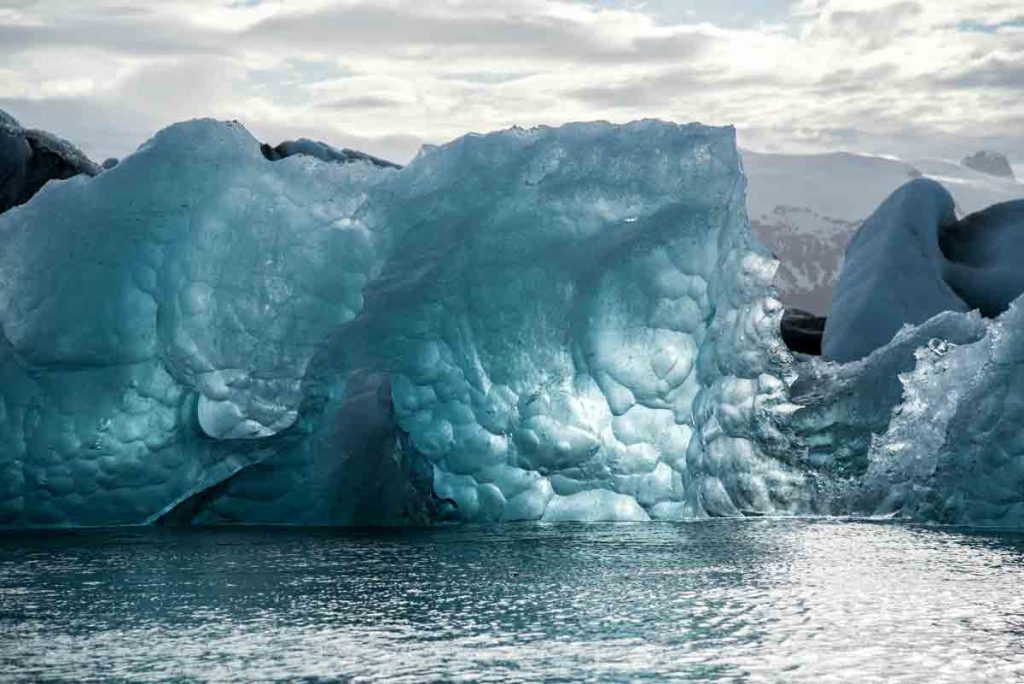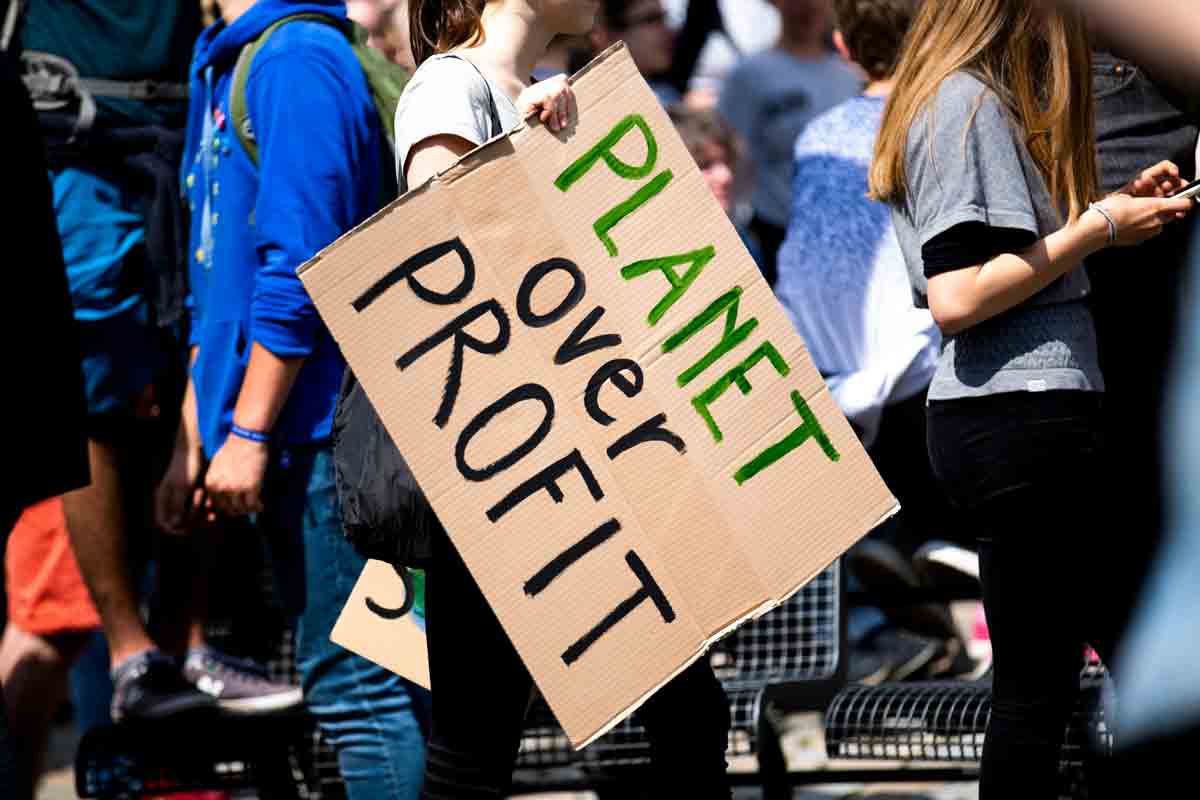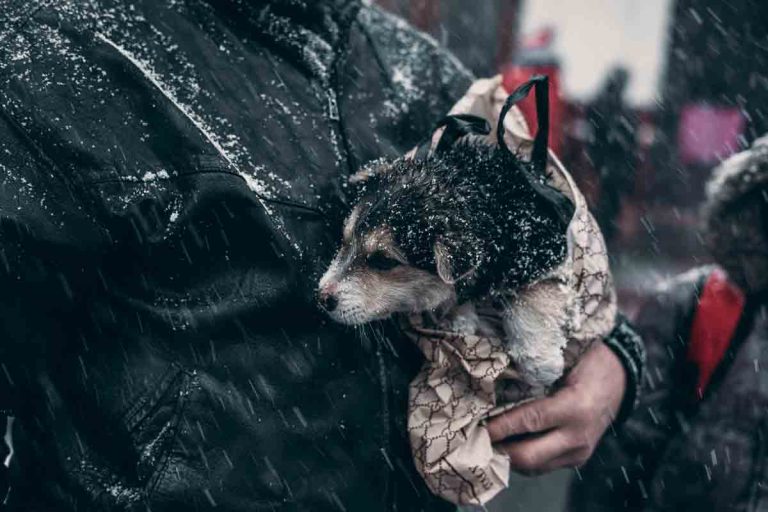Paragraph On Global Warming
Earth has its own special blanket called the atmosphere that keeps it warm, like our cozy blankets at home. But when people use too much fuel from the ground, like oil and gas, Earth starts to get even warmer. This makes the weather act differently, causing things like storms and floods more often.
Scientists, like Earth detectives, study these changes and say it’s because of what people are doing. Some people don’t believe it, but most know it’s important to take care of Earth.
So, they’re working hard to find ways to help Earth stay healthy for everyone that’s why Paragraph On Global Warming is so important. Let’s read it.
| Aspect | Definition | Causes | Effects |
|---|---|---|---|
| Global Warming | Gradual increase in Earth’s average temperature due to human activities, primarily the release of greenhouse gases into the atmosphere, such as carbon dioxide and methane. | – Burning fossil fuels (coal, oil, gas) – Deforestation – Industrial processes – Agricultural practices – Land-use changes | – Rising temperatures – Melting ice caps and glaciers – Sea level rise – Extreme weather events (storms, droughts, floods) – Changes in ecosystems and biodiversity – Ocean acidification |

Paragraph On Global Warming 100 Words
Global warming is like a big puzzle in the sky. Imagine the Earth wearing a blanket that’s getting thicker and warmer. People are putting too much stuff in the air that makes it hot, like when you leave the oven on. This heat is causing big blocks of ice to melt, making the oceans rise and changing where animals live. But don’t worry! We can fix it by working together and using smart ideas to make the Earth cooler and happier for everyone. Planting more trees, using less energy, and recycling will help reduce the disaster of global warming.
Paragraph On Global Warming 150 Words
Global warming refers to the gradual increase in Earth’s average surface temperature, primarily driven by human activities that release greenhouse gases into the atmosphere. These gases trap heat from the sun, leading to the greenhouse effect and a rise in global temperatures.
Key contributors to global warming include the burning of fossil fuels, deforestation, industrial processes, and agricultural practices. The consequences of global warming are severe, including rising temperatures, melting ice caps and glaciers, extreme weather events, and disruptions to ecosystems and biodiversity. To prevent further global warming, collective action is needed at the global, national, and individual levels.
Strategies include transitioning to renewable energy sources, improving energy efficiency, afforestation and reforestation efforts, implementing regulations and policies to limit emissions, and promoting sustainable practices in various sectors.
Addressing global warming is crucial to mitigating its impacts and ensuring a sustainable future for current and future generations.
Global Warming Paragraph 200 Words
When we think about global warming, it’s like imagining Earth wearing an extra thick blanket. You know how sometimes when you’re snuggled up with too many blankets, you feel too warm? That’s what happens to Earth when people use too much fuel from the ground, like oil and gas. This extra warmth changes the way Earth’s weather works. It’s like when you mix up the ingredients for your favorite recipe, but you put in too much of one thing – the whole dish turns out different!
Scientists, who are like Earth’s detectives, study all these changes. They tell us that things like driving cars that use lots of fuel or cutting down too many trees make Earth even warmer. It’s a bit like when you use too many toys all at once, and your room gets messy. Earth is getting messy, too, with more storms, floods, and fires happening.
But some people don’t believe it’s our fault. They think Earth is just doing its own thing, like when your dog decides to run around the yard all on its own. They might even tell others that global warming isn’t real, like when someone tries to convince you that your favorite toy isn’t really broken. But most people and scientists agree that it’s important to take care of Earth, just like we take care of our toys or pets. So, they’re working hard to find ways to help Earth stay healthy and happy for everyone.
Global Warming Paragraph 250 Words+
Global warming, propelled by human activities since the Industrial Revolution, has ushered in a new era of climatic upheaval. Over the past century, the global annual temperature has increased by over 1 degree Celsius, a rate that has accelerated significantly since 1981. The consequences are stark: the planet is experiencing unprecedented heat, with nine of the ten warmest years recorded since 1880 occurring after 2005. This warming trend, contrary to claims of a slowdown, has been substantiated by scientific research, with detrimental effects already manifesting worldwide.
The primary driver of global warming is the accumulation of greenhouse gases in the atmosphere, chiefly from the burning of fossil fuels. These pollutants, including carbon dioxide, methane, and nitrous oxide, trap heat within the Earth’s atmosphere, leading to a cascade of climatic disruptions. From prolonged heatwaves and droughts to intensified storms and rising sea levels, the impacts of global warming are multifaceted and indiscriminate, albeit disproportionately affecting vulnerable communities.
To mitigate the escalating crisis, concerted efforts are imperative. The Paris Climate Agreement, a pivotal international accord, underscores the global commitment to curbing emissions and transitioning towards renewable energy sources. However, urgent action is required to meet the ambitious targets set forth by scientists. Decarbonizing energy production, embracing sustainable transportation, and enhancing energy efficiency are pivotal steps towards a sustainable future.
Moreover, the United States, as a significant contributor to global emissions, bears a profound responsibility to lead the charge against climate change. Despite setbacks during past administrations, recent strides at the state and local levels, coupled with renewed federal commitments under President Biden, signal a resurgence in climate action. Through collective engagement and individual stewardship, we can confront the existential threat of global warming and forge a path toward a resilient and equitable world.
Global Warming

Global warming refers to the long-term increase in Earth’s average surface temperature, primarily due to human activities that release greenhouse gases into the atmosphere. These gases, such as carbon dioxide (CO2), methane (CH4), and nitrous oxide (N2O), trap heat from the sun in the Earth’s atmosphere, leading to the greenhouse effect. This trapped heat results in a gradual rise in global temperatures, which can have far-reaching consequences for the environment and human societies.
| Global Warming Era | Temperature Rise (°C) |
|---|---|
| 1850–1900 to 2010–2019 | 0.8°C to 1.3°C (with a best estimate of 1.07°C) |
| Year | Temperature Anomaly (°C) | Status |
|---|---|---|
| 1880 | -0.12 | Cooler |
| 1881 | -0.07 | Cooler |
| 1882 | -0.08 | Cooler |
| 1883 | -0.18 | Cooler |
| 1884 | -0.28 | Cooler |
| 1885 | -0.27 | Cooler |
| 1886 | -0.19 | Cooler |
| 1887 | -0.22 | Cooler |
| 1888 | -0.08 | Cooler |
| 1889 | -0.12 | Cooler |
| 1890 | -0.33 | Cooler |
| 1891 | -0.26 | Cooler |
| 1892 | -0.29 | Cooler |
| 1893 | -0.34 | Cooler |
| 1894 | -0.53 | Cooler |
| 1895 | -0.39 | Cooler |
| 1896 | -0.11 | Cooler |
| 1897 | -0.11 | Cooler |
| 1898 | -0.30 | Cooler |
| 1899 | -0.14 | Cooler |
| 1900 | -0.13 | Cooler |
| 1901 | -0.07 | Cooler |
| 1902 | -0.21 | Cooler |
| 1903 | -0.37 | Cooler |
| … | … | … |
| 2021 | +0.97 | Warmer |
| 2022 | +0.97 | Warmer |
| 2023 | +1.02 | Warmer |
Several factors contribute to global warming, including:
- Burning of Fossil Fuels: The combustion of fossil fuels like coal, oil, and natural gas for energy production, transportation, and industrial processes releases large amounts of CO2 into the atmosphere.
- Deforestation: Trees play a crucial role in absorbing CO2 from the atmosphere through photosynthesis. Deforestation, especially in tropical regions, reduces the number of trees available to absorb CO2, leading to higher levels of greenhouse gases in the atmosphere.
- Industrial Processes: Certain industrial activities, such as cement production and chemical manufacturing, emit greenhouse gases like CO2 and methane as byproducts.
- Agriculture: Agricultural practices such as rice cultivation and livestock farming produce methane emissions. Additionally, the use of synthetic fertilizers releases nitrous oxide, another potent greenhouse gas.
The consequences of global warming are alarming and include:
| Effects of Global Warming | Description |
|---|---|
| Rising Temperatures | Increased average temperatures lead to more frequent and severe heatwaves, posing risks to human health, agriculture, and ecosystems. |
| Melting Ice Caps and Glaciers | Polar ice caps and glaciers are melting, contributing to rising sea levels, which threaten coastal communities, infrastructure, and habitats. |
| Extreme Weather Events | Global warming intensifies weather patterns, resulting in more frequent and severe storms, floods, droughts, and wildfires, causing widespread damage and displacement. |
| Disruption of Ecosystems | Changing climates disrupt ecosystems and biodiversity, leading to habitat loss, species extinction, and altered ecosystems that struggle to support diverse plant and animal life. |
- Rising Temperatures: Higher average temperatures lead to more frequent and severe heatwaves, which can have serious health implications for humans and animals.
- Melting Ice Caps and Glaciers: Rising temperatures cause polar ice caps and glaciers to melt, contributing to rising sea levels. This phenomenon threatens coastal communities and habitats.
- Extreme Weather Events: Global warming intensifies weather patterns, leading to more frequent and severe storms, floods, droughts, and wildfires.
- Disruption of Ecosystems: Many plant and animal species face habitat loss and extinction as a result of changing climates, disrupting ecosystems and biodiversity.
Preventing further global warming requires collective action at the global, national, and individual levels. Strategies to mitigate and prevent global warming include:
- Transition to Renewable Energy: Increasing the use of renewable energy sources such as solar, wind, and hydroelectric power can reduce reliance on fossil fuels and lower greenhouse gas emissions.
- Energy Efficiency: Improving energy efficiency in buildings, transportation, and industries can reduce energy consumption and emissions.
- Afforestation and Reforestation: Planting trees and preserving forests help absorb CO2 from the atmosphere and mitigate climate change.
- Regulations and Policies: Governments can implement regulations and policies to limit greenhouse gas emissions, such as carbon pricing, emissions trading systems, and fuel efficiency standards.
- Promoting Sustainable Practices: Encouraging sustainable agriculture, transportation, and consumption habits can help reduce emissions and minimize environmental impact.
Addressing global warming requires concerted efforts from governments, businesses, communities, and individuals to transition to a more sustainable and low-carbon future.
Conclusion
Lastly, this paragraph on global warming represents a significant environmental challenge characterized by the gradual rise in Earth’s average temperature. Primarily driven by human activities, such as the burning of fossil fuels, deforestation, and industrial processes, this phenomenon has far-reaching effects on our planet. From rising temperatures and melting ice caps to sea level rise and extreme weather events, the consequences of global warming are evident across various ecosystems and human societies.
Addressing this issue requires concerted efforts on a global scale, including transitioning to renewable energy sources, implementing sustainable land-use practices, and fostering international cooperation to mitigate and adapt to the impacts of climate change. Failure to take decisive action risks exacerbating the environmental, social, and economic challenges posed by global warming, underscoring the urgency of collective action to safeguard the planet for future generations.







